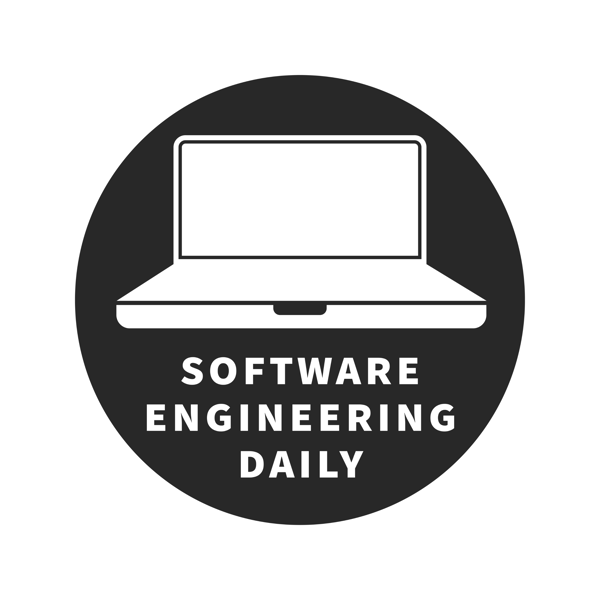Modal and Scaling AI Inference with Erik Bernhardsson
Software Engineering Daily
Software Engineering Daily
4.2 • 653 Ratings
🗓️ 31 July 2025
⏱️ 40 minutes
🧾️ Download transcript
Summary
Transcript
Click on a timestamp to play from that location
| 0:00.0 | Modal is a serverless compute platform that's specifically focused on AI workloads. The company's |
| 0:06.1 | goal is to enable AI teams to quickly spin up GPU-enabled containers and rapidly iterate an |
| 0:12.2 | auto-scale. It was founded by Eric Bernhardson, who was previously at Spotify for seven years, |
| 0:17.6 | where he built the music recommendation system and the popular Luigi |
| 0:21.2 | workflow scheduler. In this episode, Eric joins Sean Falconer to talk about the motivation |
| 0:26.7 | for founding his company, the market gap in ML and AI tooling, optimizing container cold start, |
| 0:32.9 | modals interface design, and more. This episode is hosted by Sean Falconer. |
| 0:39.1 | Check the show notes for more information on Sean's work and where to find him. |
| 0:59.3 | Eric, welcome to the show notes. Thank you. It's great to be here. Yeah, thanks so much for being here. |
| 1:09.0 | So I was diving a little bit into your background preparing for this. And so it seems like you spent a lot of your time working in data throughout your career, which also kind of matches my own experience. You know, you previously were at Spotify for a number of years. You were the CEO of Better.com. Now you're the founder and CEO of |
| 1:15.7 | Moldo. You know, were there certain things in these prior roles that led to identifying some sort |
| 1:20.8 | of need for Moldo? Like, what's the story behind essentially going off and deciding to start this |
| 1:25.4 | company? Yeah, for sure. The answer is yes. And the long story is I was at Spotify for seven years, built the music recommendation system. But as a part of building that, I also realized there's kind of a general gap in the tooling. I ended up building a vector database called Illinois and we used this today. And also a workflow scheduler called Luigi that very few people use today. but generally realize as a part of building all of that stuff at Spotify and also workflow scheduler called Luigi that very few people use today. |
| 1:44.6 | But generally realized, like, as a part of building all of that stuff at Spotify and also did |
| 1:48.3 | a lot of other stuff, that there's just very little tooling in data, AI, machine learning. |
| 1:54.5 | There's more today, but I still never really felt like much later, like in 2020, 2021, when I |
| 1:59.7 | started thinking about building a company, I realized it was kind of a gap in the market for like a tool I always wanted to have myself. So that was kind of the genesis of Muto. It's almost like building selfishly for what I always wanted to have, you know, throughout my years as Spotify, building a music recommendation system and also to some extent it better. I was a CTO, so a little bit more like general role. |
| 2:21.7 | We spent a lot of time thinking about platforms and data and stuff like that too. |
| 2:25.9 | Yeah, I mean, sometimes people talk about how, you know, the discipline is essentially, like, |
| 2:30.9 | or like the tooling and the things that are available for data engineers lags somewhere, |
| 2:35.2 | you know, five years maybe behind, you know, more traditional application development. |
| 2:40.8 | Where would you say that something like ML engineering from an applied sense of being able to actually run these things in a company that maybe user facing lags behind, you know, what we |
... |
Transcript will be available on the free plan in 12 days. Upgrade to see the full transcript now.
Disclaimer: The podcast and artwork embedded on this page are from Software Engineering Daily, and are the property of its owner and not affiliated with or endorsed by Tapesearch.
Generated transcripts are the property of Software Engineering Daily and are distributed freely under the Fair Use doctrine. Transcripts generated by Tapesearch are not guaranteed to be accurate.
Copyright © Tapesearch 2025.

